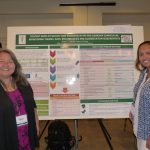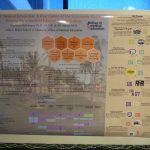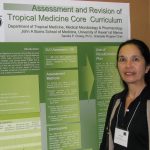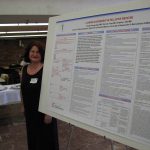Content Maps of Health Care Problems in the Pre-clerkship Curriculum: Monitoring Themes, Gaps, Redundancies and Accreditation Requirements
The poster describes the content mapping process that aligned the learning priorities in the problem-based-learning pre-clerkship medical curriculum …





